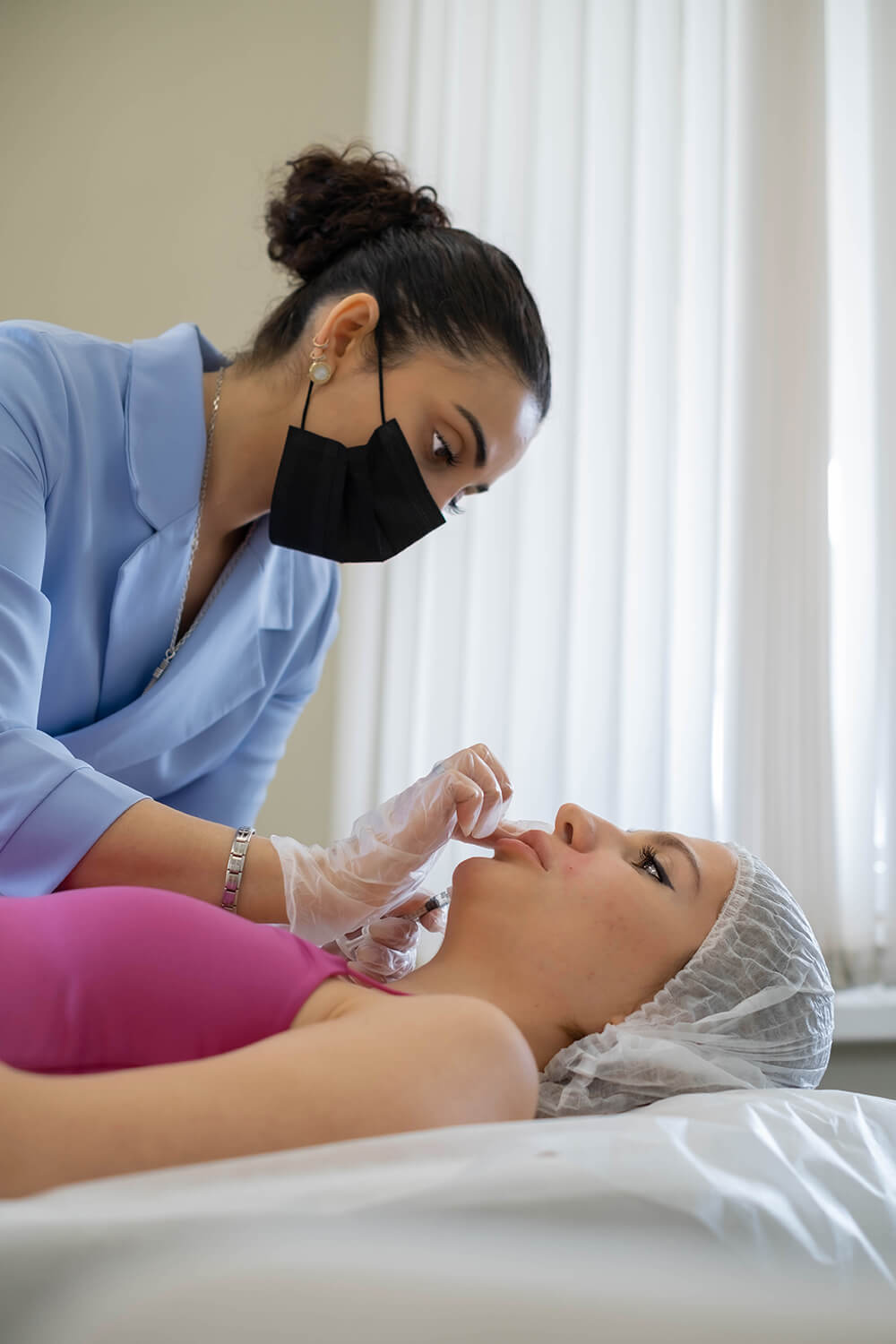How to Open a Med Spa in Tennessee
U.S. Census Bureau data indicates that Tennessee is among the top ten states with the highest population increase and fastest population growth rate since 2022, making it a great market for a prospective med spa owner. However, Tennessee has strict laws and regulations impacting how people may form and operate med spas. Lengea Law is here to help you navigate those rules so that your med spa can be successful and legally compliant.
After you’ve developed your business plan, picked a name for your med spa and identified your target population, the next step is to form the business and get it up and running. Doing so in Tennessee is tricky due to many restrictions on who may own a med spa and who may perform various procedures in a med spa.

Who May Own a Med Spa in Tennessee?
This is the first priority you must consider when putting plans for your med spa into action. Tennessee strictly adheres to and enforces the prohibition on the corporate practice of medicine (“CPOM”). The CPOM doctrine prevents anyone other than physicians, or physicians in combination with physician assistants (“PAs”) from forming a medical practice in Tennessee. You may be wondering why this matters if you aren’t providing typical healthcare services but rather, are providing cosmetic and aesthetic services. Tennessee considers many med spa procedures to be the “practice of medicine;” because of this, you should think like a medical-practice owner and ensure you’re complying with all rules related to the practice of medicine as applicable to your med spa operations. So, even if you’re a nurse practitioner (“NP”), PA, registered nurse (“RN”), certified aesthetician, or an unlicensed business partner with an excellent business plan and prospective clients banging down your soon-to-be-open doors, you still must structure your business in a way that involves physician ownership. How do non-physicians legally get around this issue? We get around this by using the management services organization (“MSO”) model.

What is the MSO Model in Tennessee?
One way to eliminate the CPOM issue for non-physician individuals is the MSO model. In this model, a licensed physician (or licensed physician in combination with a PA) owns the med spa, and the non-physician individual (an RN or a non-healthcare business partner, for example) owns the MSO. The MSO provides non-clinical management services, such as billing and collection, front-office staffing, vendor-contract negotiation, and similar tasks. In exchange, the med spa pays the MSO a monthly management fee. This gives the MSO a greater degree of control over the business decisions of the med spa and allows the MSO to hold the majority of the value in the medical practice without having any control over its clinical decisions.
Who May Perform Procedures and Must They be Supervised?
NPs, PAs, RNs, and licensed practical nurses (“LPN”s) have varying scopes of practice; for example, NPs may perform services such as microneedling and other invasive procedures whereas RNs may perform microneedling and IV therapy but no invasive procedures. Under Tennessee law, NPs and PAs must be supervised by physicians and RNs and LPNs must be supervised by either a physician or a PA, NP or RN with authority to do so. Supervising physicians must be onsite in many cases, such as when invasive procedures are being performed. There are also requirements for more administrative physician duties in these relationships, such as chart review and recordkeeping.

Does Tennessee prohibit the corporate practice of medicine?
Yes, Tennessee prohibits the corporate practice of medicine.
1
Who may own a medical spa in Tennessee?
In Tennessee, only licensed physicians, or licensed physicians in combination with licensed chiropractors or podiatrists may own an entity in Tennessee providing medical services.
2
How can non-MDs get involved in the IV hydration/medical spa business in Tennessee?
Non-MDs can get involved in the IV hydration and medical spa business in Tennessee using the MSO/MSA structure.
3
What is a medical spa in Tennessee?
Tennessee law defines “medical spa” to mean any business that offers or provides cosmetic medical services.
4
What does Tennessee consider to be cosmetic medical services?
Tennessee law defines “cosmetic medical services” to mean any service that uses biologic or synthetic material, a chemical application, a mechanical device, or a displaced energy form of any kind that alters or damages, or is capable of altering or damaging, living tissue to improve the patient’s appearance or achieve an aesthetic result.
5
Do medical spas need to register with an agency in Tennessee?
The physician serving as a medical director for a medical spa must register the medical spa annually with the Tennessee Board of Medicine.
6






